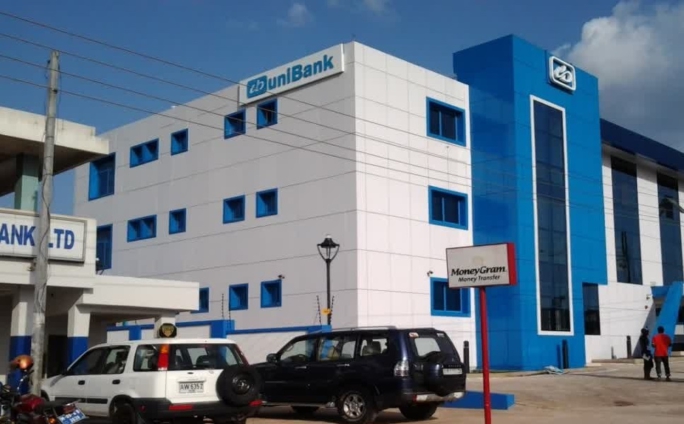A professor of Financial Economics at the University of Ghana Business School, Prof. Laud Mensah, says there is now a credible path to restoring the banking license of the defunct Unibank.
His comments follow the government’s recent move to adopt non-conviction-based asset recovery and the Attorney-General’s proposed 60% asset recovery threshold in ongoing banking sector prosecutions.
Speaking on JoyNews’ PM Express, Prof. Mensah endorsed the idea of reintroducing Unibank into Ghana’s financial space, particularly in light of the desire for increased local ownership within the sector.
“Yes, I foresee that,” he said when asked if the restoration of Unibank’s license is now plausible. “Because if you take our banking space, we are looking out for a situation where it will be dominated by local ownership.”
He acknowledged that the bank, which was collapsed during the financial sector cleanup, had faced severe liquidity and solvency challenges. However, he argued that the funds which contributed to the collapse were not lost to the nation.
“The reason why I’m comfortable with the non-conviction-based asset recovery is that… whatever money that was taken out as a result of creating the liquidity and solvency problems—those monies were invested in the country,” he explained.
According to him, the real issue was not fraud or capital flight, but rather misallocated investments that failed to meet the bank’s operational needs.
“The only problem is that it wasn’t invested appropriately to meet the liquidity needs of the bank. And so there is that kind of multiplier effect within the economy as a result of the losses that the banks made.”
Prof. Mensah urged a holistic view of the economic consequences and the potential for correction. He stressed the importance of documentation and institutional reforms to prevent a recurrence.
“So if you are taking the government into perspective, then obviously recovering part of it, and then possibly documenting the possible ways that brought about the losses, and again, ensuring that it is not repeated…”
He maintained that, with the lessons learned and the remaining assets, giving Unibank a second chance is both reasonable and feasible.
“I will say, with experience and then the little assets that the Unibank has, it won’t be wrong to restore the alliances and go back into operation.”
He concluded that Ghana’s financial regulators must build on the lessons from the sector clean-up to improve future oversight.
“At least a lesson has been learned. And going forward, we know how to approach such situations from the bank’s perspective and then also from the regulators’ perspective.”
Source: Abubakar Ibrahim
ALSO READ:



